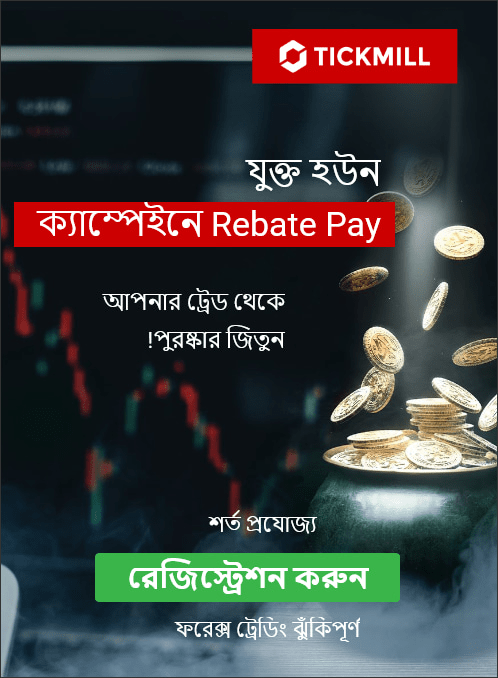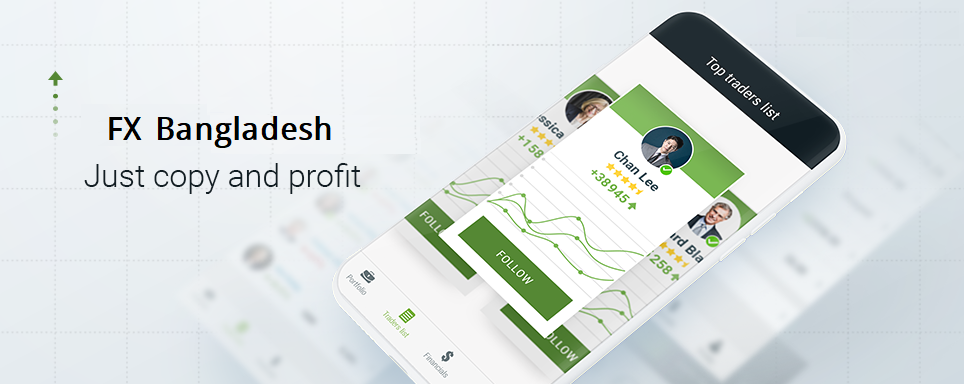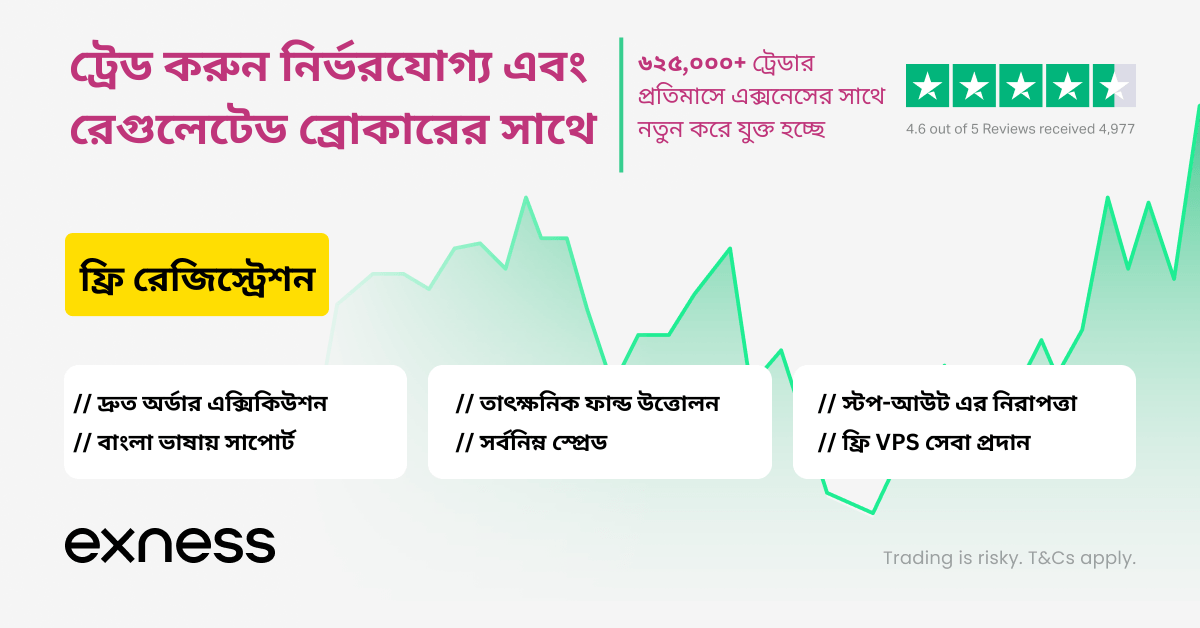DOHA (Reuters) – Saudi Arabia’s finance minister said on Sunday that citizens would not pay taxes on income and Saudi companies would not see their profits taxed under sweeping economic reforms being introduced in the oil-rich kingdom.
The collapse in oil prices after mid-2014 has pushed Saudi Arabia to contemplate a radical overhaul of all parts of its economy, including new taxes, privatizations, a changed investment strategy and sharp cuts in government spending.
Mohammed al-Jadaan sought in a statement carried by state news agency SPA to allay concern that people would be taxed as part of the ambitious reform plan. Saudis currently do not pay any income tax, nor are Saudi companies taxed on their profits.
He also said a value-added tax planned for 2018 would “not be raised above 5 percent before 2020”.
The six Arab monarchies of the Gulf Cooperation Council are aiming to introduce a 5 percent value-added tax at the start of next year to raise non-oil revenues. But economists and officials in some countries have said privately that simultaneous introduction in all countries may not be feasible.
That is because of the complexity of creating the administrative infrastructure to collect the tax and the difficulty of training companies to comply with it in a region where taxation is minimal.

























































